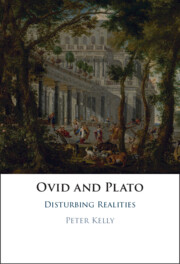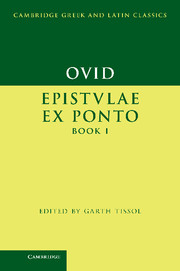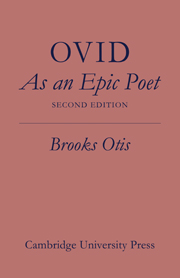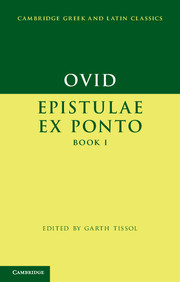Ovid and Plato
The Roman poet Ovid, while sailing across the Black Sea to Tomis, considered his exile to have cosmic proportions; in the surging waves he sees his world seemingly veering back towards primordial chaos. Throughout his work Ovid seeks to depict the vast heterogeneity of the world, its creation and destruction, and the interconnection between humans and their unstable environment. This book explores how Ovid turns to philosophy, and especially the dialogues of Plato, to find meaning in a world that is fluid, uncertain, and dangerous. Rather than seeking recourse in an exact science of knowledge or a world of Forms beyond the here and now, Ovid sets himself apart from the philosophers. Instead, he highlights the limits of philosophy to capture the changing nature of reality and realigns the boundaries between poetry and science so as to create a more suitable medium for representing our entanglement with this complex world.
- Demonstrates how the interaction and exchange of ideas between poetry and philosophy shaped Latin literature in the Late Republic and Early Empire
- Explores the philosophical aspects of Ovid's works, revealing how divisions between philosophy and poetry were more fluid in an ancient context
- Shows how Ovid challenges the philosophical establishment and the afterlife of the Academy through privileging the world of sense perception over the metaphysical realm of the Forms
Product details
July 2025Adobe eBook Reader
9781009601528
0 pages
Not yet published - available from July 2025
Table of Contents
- List of illustrations
- Preface and acknowledgements
- 1. Introduction
- 2. Chaos and creation
- 3. Turbulent worlds: Phaethon and the flood
- 4. Janus and the many worlds
- 5. Archimedes and the model universe
- 6. Pythagoras, the early lives
- 7. The philosophy of desire
- 8. The exile of philosophy
- 9. The afterlife of ovid and plato
- General index
- Index of passages discussed
- Bibliography.






